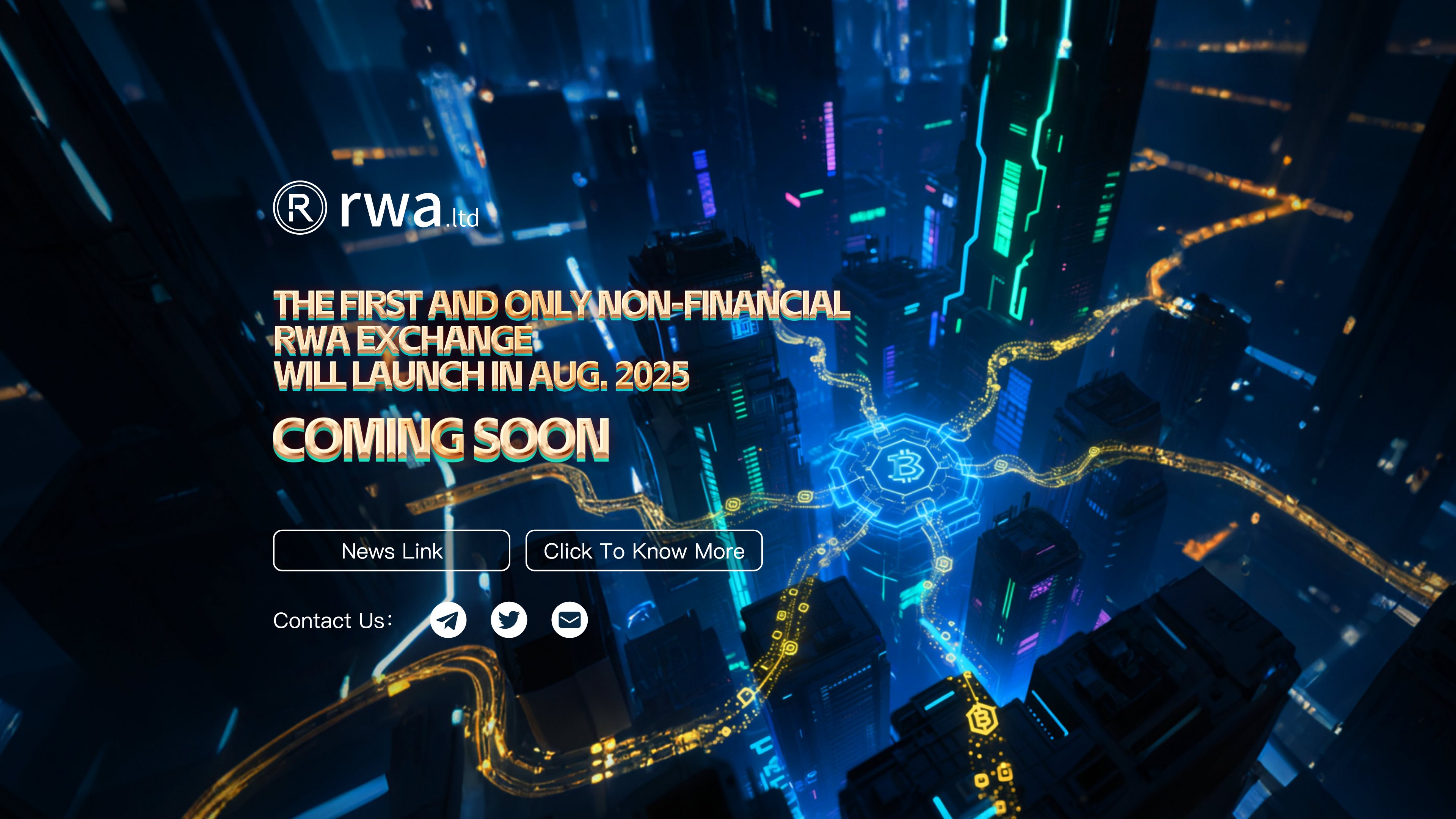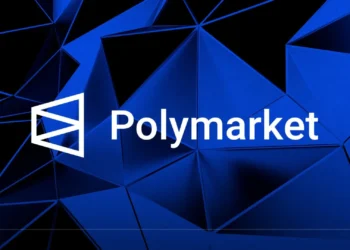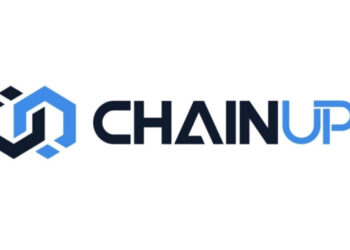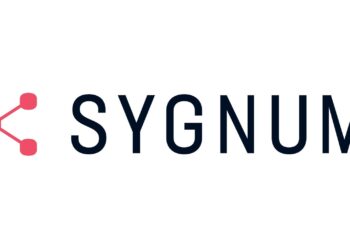RWA Group, formerly known as NFT China and a subsidiary of Digital Collection China (Hong Kong) Ltd, has announced the upcoming launch of what it describes as the world’s first trading platform dedicated to non-financial real-world assets (RWAs). Scheduled to go live in early August, the platform is designed to digitize and enable global trading of physical assets such as collectibles and industrial goods through blockchain technology.
Unlike existing RWA platforms that focus primarily on financial instruments, this initiative fills a key market gap by targeting the tokenization of non-financial assets. It is built on the ERC-3643 protocol, a widely adopted standard that supports secure, compliant, and identity-verified asset trading. This protocol integrates essential features like transfer controls and regulatory safeguards, ensuring suitability for both institutional and retail participants.
To improve settlement flexibility, the platform will support not only compliant USD stablecoins across EVM, Solana, and TRON chains but also licensed offshore RMB and HKD stablecoins. This strategic move paves the way for the first trading pair between offshore RMB stablecoins and tokenized RWAs, creating new opportunities for cross-border investment and broader use of Chinese digital currencies.

In addition, the platform introduces a dual-function model that combines RWA trading with e-commerce functionality. Users will be able to redeem tokens for physical goods, while project issuers can tokenize and liquidate real-world inventory. This model blends traditional commerce with blockchain-based finance, allowing faster market access and wider user engagement.
Supported by regulatory foundations in both the United States and China, RWA Group also plans to pursue licenses in Hong Kong, Dubai, and Kazakhstan to ensure fully compliant operations. The project is backed by the Hong Kong International New Economic Research Institute (INERI), led by CEO Fu Rao, a prominent figure in Asia’s blockchain innovation space.
Meanwhile, Chinese authorities have begun directing state-owned digital service providers and financial institutions to explore yuan-backed stablecoin issuance. This signals a potential shift in the country’s longstanding cautious stance on cryptocurrency and suggests growing state interest in blockchain-driven financial infrastructure.
If you want to read more news articles like this, visit DeFi Planet and follow us on Twitter, LinkedIn, Facebook, Instagram, and CoinMarketCap Community.
“Take control of your crypto portfolio with MARKETS PRO, DeFi Planet’s suite of analytics tools.”





















